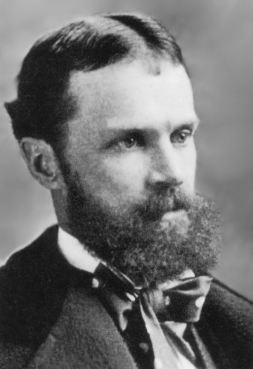Bruce Charlton has a good post about the nature of the spiritual battle in the west:
Modern Man is sabotaged by an evil metaphysics – in other words, it is our fundamental assumptions that undermine and subvert good living for us.
We therefore need to discover, first that we actually do have a metaphysics; secondly what it is; and thirdly we need to reconstruct it so as to become true – insofar as we can discover true assumptions (which is a matter of intuition, revelation, direct knowing).
What are some of our evil metaphysical assumptions?
- That matter is primary reality.
- That meaning is imposed on the world by our minds rather than intrinsic to it.
- That life is therefore meaningless.
- That the scientific method is the only source for the only kind of knowledge.
- That cause and effect is only material.
- Truth is real.
- Truth is desirable enough to lose something to find it or say it.
It will generally be found (at least at first) that even when we have revised and improved our metaphysical assumptions; we nonetheless tend (partly by sheer habit, partly because of past social training and the prevalent surrounding culture); we nonetheless continue to use the old/ wrong metaphysics.
What he says here is one of the fundamental problems of most protestant forms of Christian discipleship. The protestant view is typically that belief leads to gratitude which leads to sincerely good works. But in reality, we get beliefs right on the level of intellectual assent or at least, pseudo assent for social acceptance. But we skip the fact that beliefs of that sort must be experienced to be true in practice. In other words, belief in doctrines not only leads to, but comes from practicing Christian practices. As an aside, the word translated “doctrine” in the King James Bible means, as far as I can tell, something closer to “apprenticeship.” It’s training in a whole way of life, not just transfer of beliefs.
One might observe that the metaphysical assumptions I mentioned above are not explicitly Christian, and that’s okay. In one sense, every true thing is Christian. But one need not be a Christian to hold to true metaphysical ideas. The gospel entails and assumes all of these ideas and one will have a hard time practicing the gospel without something like them in their minds. But many who do believe and live like those assumptions hold are not Christians.
What have I left out?
